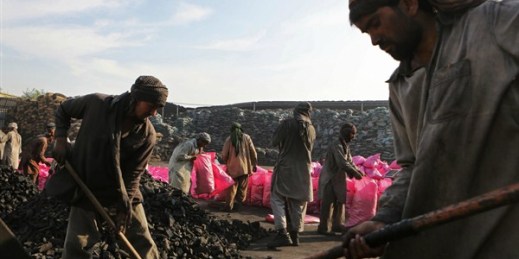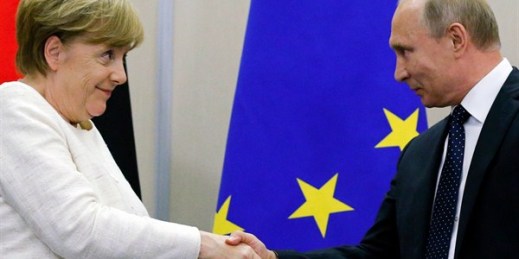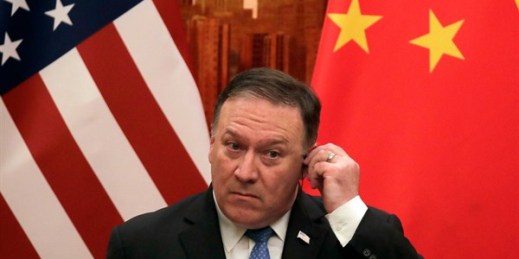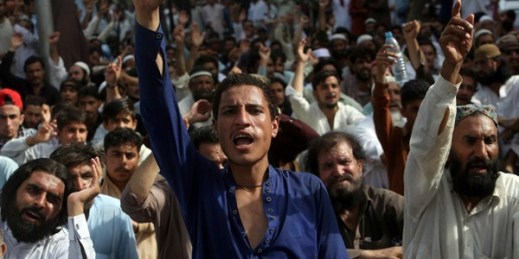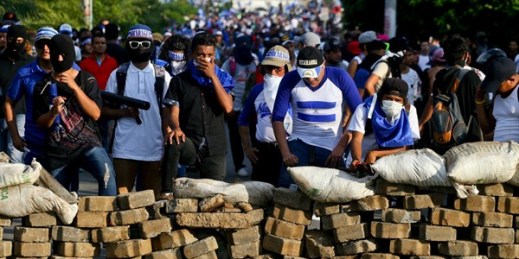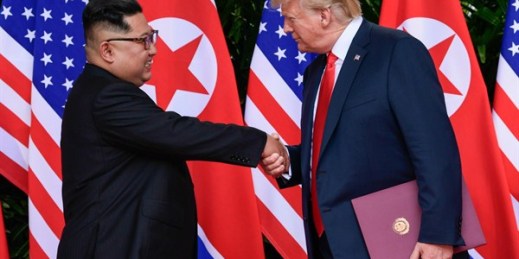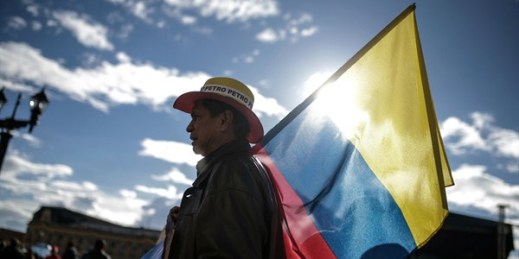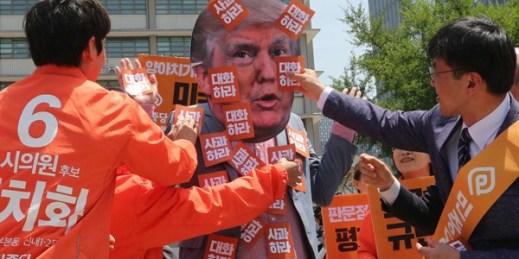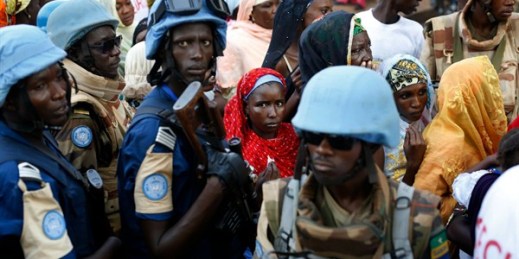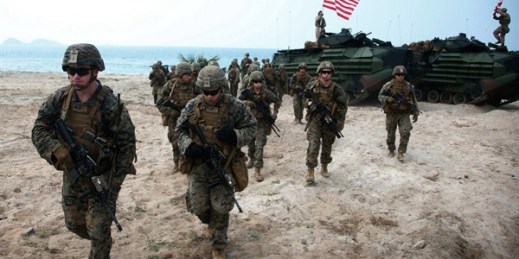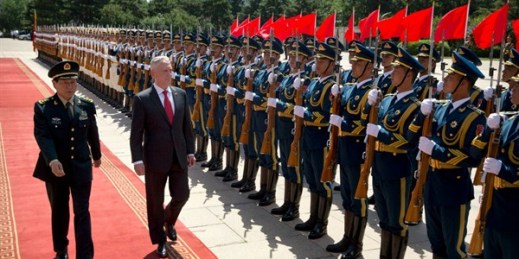
Over the past few decades, the U.S. military has had to shift its focus several times as the security environment and American national interests evolved. Until the end of the Cold War, it concentrated on preparing to fight the Soviet Union, potentially with nuclear weapons. In the 1990s, most of the military’s attention was on conventional wars against what were called “rogue states,” particularly Iran, Iraq and North Korea. After the 9/11 attacks, the U.S. military retooled for counterinsurgency and counterterrorism. Now that era, too, is ending. Today, as the United States disengages from Iraq and Afghanistan, and Russia and […]

